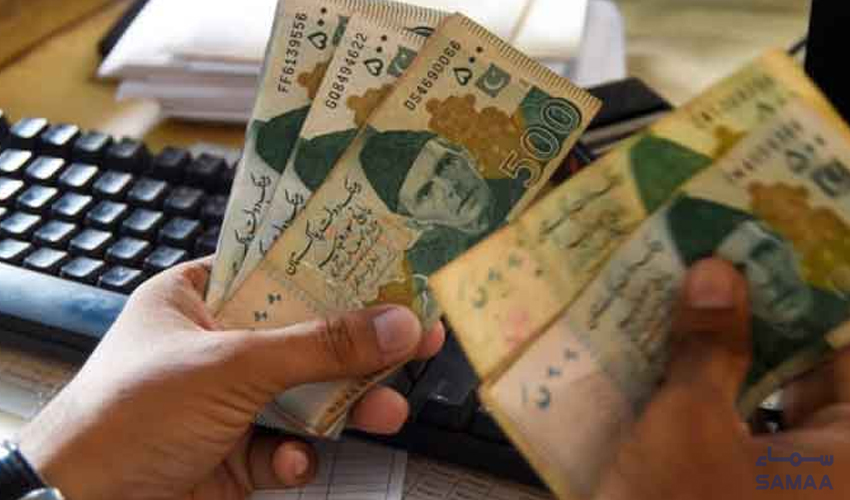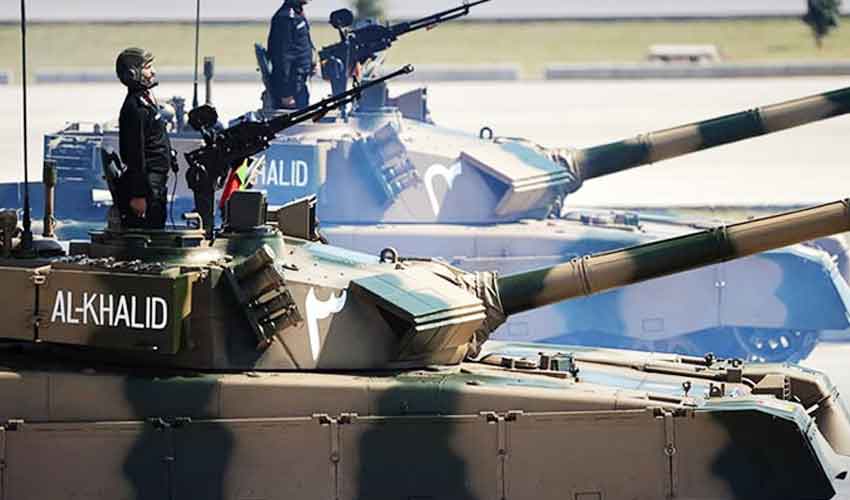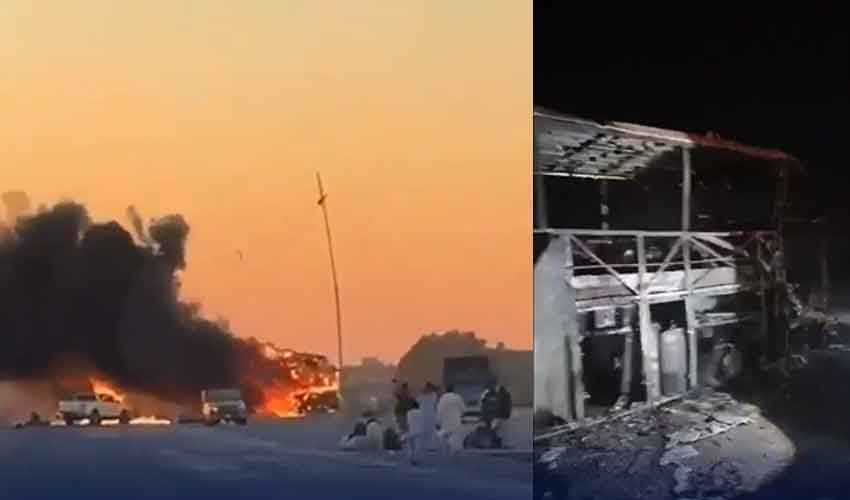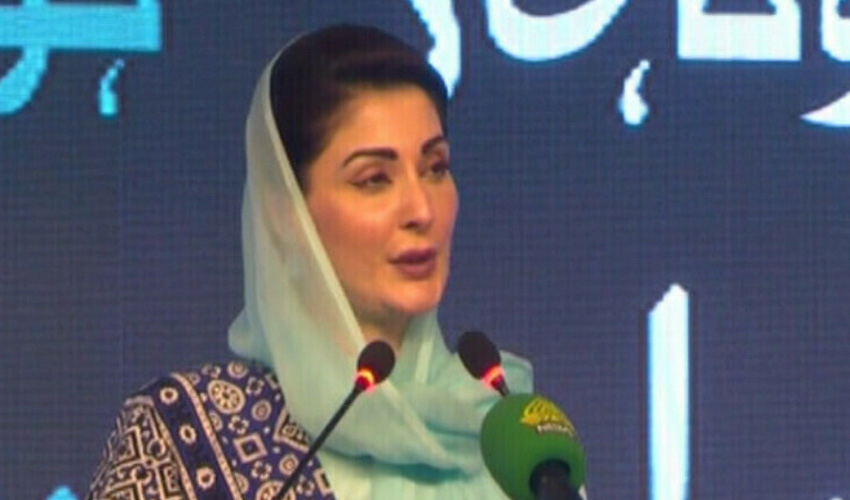Over the last decade, Pakistan has faced a slew of economic problems and transitions that have had a substantial influence on country's economy, notably the pricing of petroleum products. The influence of the International Monetary Fund (IMF) in formulating economic policies and stabilising the country's economy cannot be overstated.
Between 2013 and 2023, Pakistan's fuel prices fluctuated significantly, mostly affected by global oil market dynamics and the constraints imposed by IMF bailout packages.
Decade of economic turmoil and transformation
The years from 2013 to 2023 were distinguished by a succession of economic crises that had a significant influence on Pakistan's financial landscape. Throughout these difficulties, the country experienced considerable swings in gas prices, the powerful influence of the International Monetary Fund (IMF), and the persistent specter of skyrocketing inflation.
This story gives an incisive summary of how these interrelated forces impacted the trajectory of Pakistan's economy throughout this turbulent decade.
2013-2014: Seeking economic lifelines
Pakistan faced a difficult array of economic challenges in 2013, including an expanding budget imbalance and economic instability. Faced with the pressing need to stabilise the economy, the administration sought a bailout package from the IMF. Subsidies on energy items, particularly fuel, were reduced as a key condition of this financial support. As a result, a series of price increases in petrol were implemented, sparking already skyrocketting inflation. The government's action was part of a larger strategy to repair the budgetary fabric and reestablish economic discipline, an undertaking that was fraught with social and political difficulties.
2014-2015: Balancing sustainability and public resilience
There was some price stability in the first half of 2014. However, sporadic jumps in fuel prices occurred in the latter part of 2014 and early 2015, owing to a combination of global oil price volatility and the government's commitment to fiscal consolidation through decreasing subsidies.
The delicate tango between financial pragmatism and social resilience was obvious in these pricing modifications, underlining the delicate balance between maintaining an economically viable route and ensuring public affordability.
2016-2017: Maneuvering global market volatility and IMF mandates
In 2016, the global oil market remained turbulent as usual, creating major chalenges to country's economy. In response to economic headwinds, the country signed yet another IMF programme. This effort resulted in a wave of structural reforms, with a special emphasis on the energy industry. Petrol prices became a barometer of economic flexibility in this setting, responding to the ebb and flow of global oil market dynamics as well as the IMF's stringent restructuring directives. The convergence of these dynamics indicated Pakistan's efforts to create stability in an economic landscape that is fast changing.
2018: IMF collaboration and fiscal realignment
The year 2018 witnessed the resurgence of global oil prices, bringing newfound challenges to Pakistan's financial equilibrium. Seeking to address persistent fiscal woes, Pakistan once again joined hands with the IMF in 2019 to institute fiscal adjustments and structural reforms. This collaborative effort, however, had consequences for the common citizen, as the government enacted tax hikes on petrol to boost revenue and combat the persistent fiscal deficit. While serving the broader goal of economic stability, these measures further strained public finances and heightened inflationary pressures.
2019-2020: Unprecedented crisis and economic resilience
In 2019, petrol prices fluctuated in accordance with global oil price movements. The advent of the COVID-19 pandemic in 2020, on the other hand, drastically impacted the global oil environment. With global oil demand and prices falling precipitously, Pakistan followed suit by lowering fuel prices, reflecting the extraordinary economic disruptions created by the epidemic. Nonetheless, even as gas prices fell, the overhanging threat of inflation remained, nibbling at the populace's buying power.
2021-2023: An uphill battle against inflation
The resurgence of global oil demand in 2021 gave fresh life to Pakistan's fuel prices, causing them to skyrocket. During this time, the IMF's ongoing engagement was critical as Pakistan pursued its economic reform journey under the Extended Fund Facility (EFF) programme. The program's actions sought to boost income collection and improve fiscal management, with gasoline prices moving correspondingly. However, the steady rise in inflation cast a long shadow, affecting the cost of everyday necessities and depleting residents' savings.
The turbulent decade from 2013 to 2023 gives a vivid account of Pakistan's economic journey, punctuated by fluctuating petrol prices, IMF interventions, and the threat of inflation. The interaction of these diverse components highlights the complexities of economic management in a continually changing global context. As Pakistan moves forward, the lessons of this era serve as a reminder of the constant battle to find a delicate balance between economic stability, people's well-being, and the quest of sustainable progress.


























